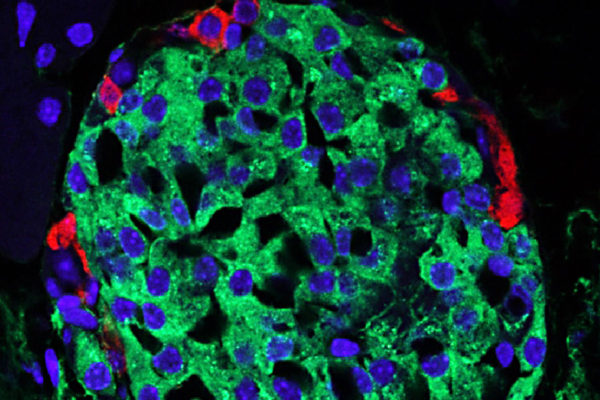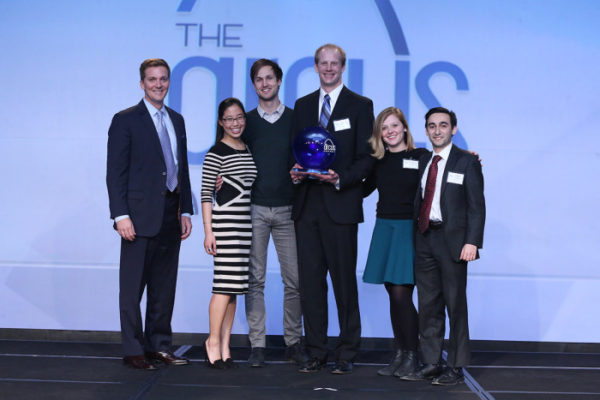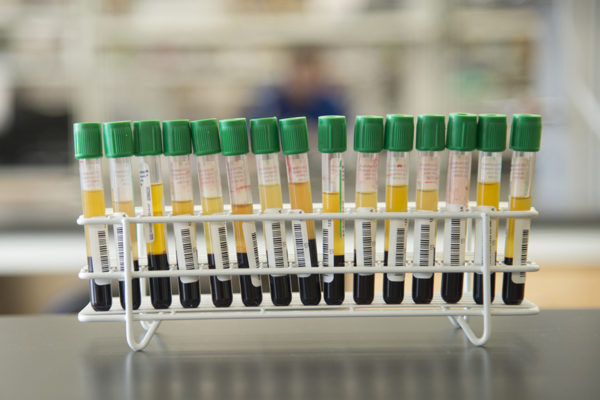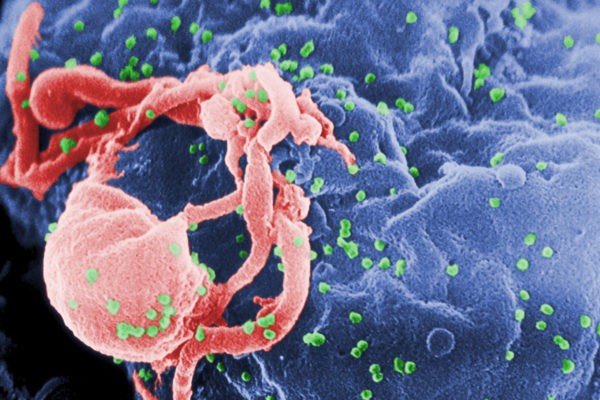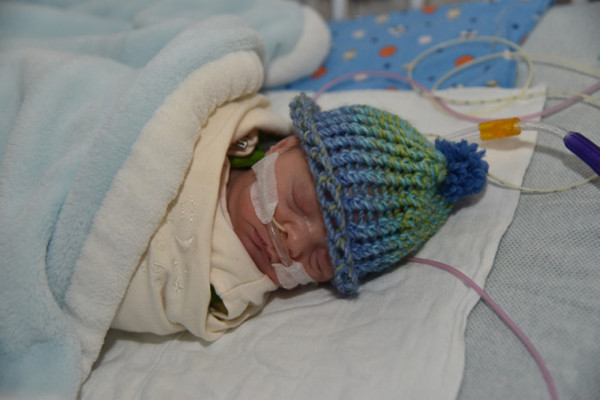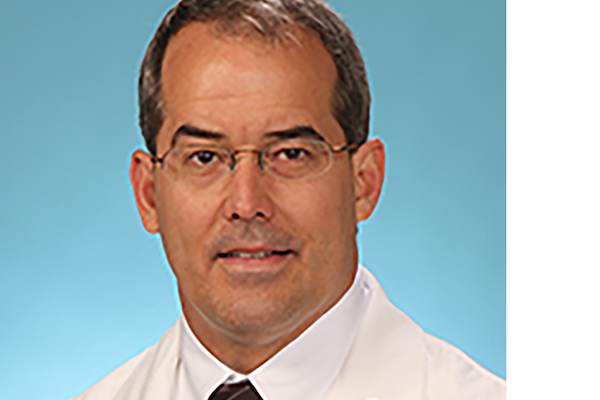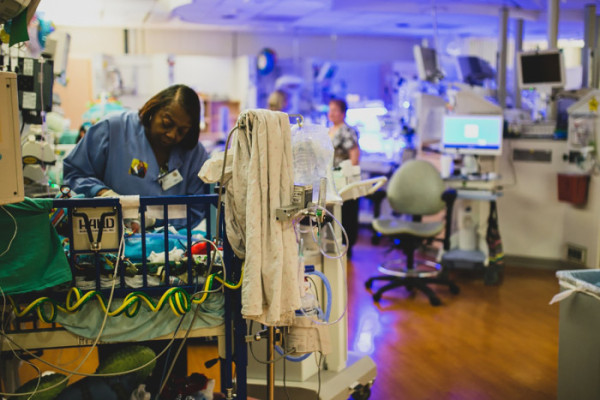Rare form of diabetes may require alternate treatment
Patients with a rare, genetic form of diabetes often are misdiagnosed as having type 2 diabetes because the two share symptoms. But new research at the School of Medicine suggests that treating such patients with therapies designed for type 2 diabetes is potentially harmful and guidelines need to change.
IDEA Labs honored by St. Louis Regional Chamber
Washington University student group IDEA Labs received the Spirit of St. Louis Award at the St. Louis Regional Chamber’s 2016 Arcus Awards for advancing the city’s rich history and global reputation as a hub of innovation and forward-looking vision.
Higher blood levels of omega-3 may help depression in heart patients
New research at the School of Medicine indicates that initial levels of omega-3 fatty acids in a heart patient’s blood have a significant impact on whether that person will respond to omega-3 supplements to treat depression.
Researchers honored by American Association for Clinical Chemistry
Two Washington University researchers, Elaine Mardis and Ann Gronowski, have been recognized by the American Association for Clinical Chemistry for exceptional research and service in the field of laboratory medicine.
Bacteria, viruses in gut linked to severity of HIV infection
In two studies led by researchers at the School of Medicine, scientists have identified intestinal bacteria and viruses as possible sources of inflammation and disease related to HIV-related infections.
Gut microbes linked to deadly intestinal disease in preemies
An imbalance of certain gut microbes appears to be the underlying cause of a frequently fatal intestinal illness in premature babies, according to new research led by Washington University School of Medicine in St. Louis.
Austin to receive Urology Care Foundation award
Paul F. Austin, MD, a professor of surgery at Washington University School of Medicine in St. Louis, will receive the John W. Duckett Pediatric Research Excellence Award from the American Urology Association’s Urology Care Foundation.
Preemies’ gut bacteria reveal vast scope of antibiotic resistance
A new Washington University School of Medicine study reveals extensive antibiotic resistance in the gut bacteria of premature infants. The researchers say these findings support the push to minimize routine use of antibiotics in these patients.
Moy to help oversee ARCH Air Medical Services
ARCH Air Medical Services has announced that H. Philip Moy, MD, clinical instructor in emergency medicine at Washington University School of Medicine in St. Louis, will serve as medical director for its Missouri operations.
New guidelines open competitive sports to some athletes with heart conditions
New guidelines from the American Heart Association and the American College of Cardiology loosened some restrictions on athletes with heart conditions. Cardiologists at the School of Medicine led two of the task forces responsible for updating the guidelines.
View More Stories
